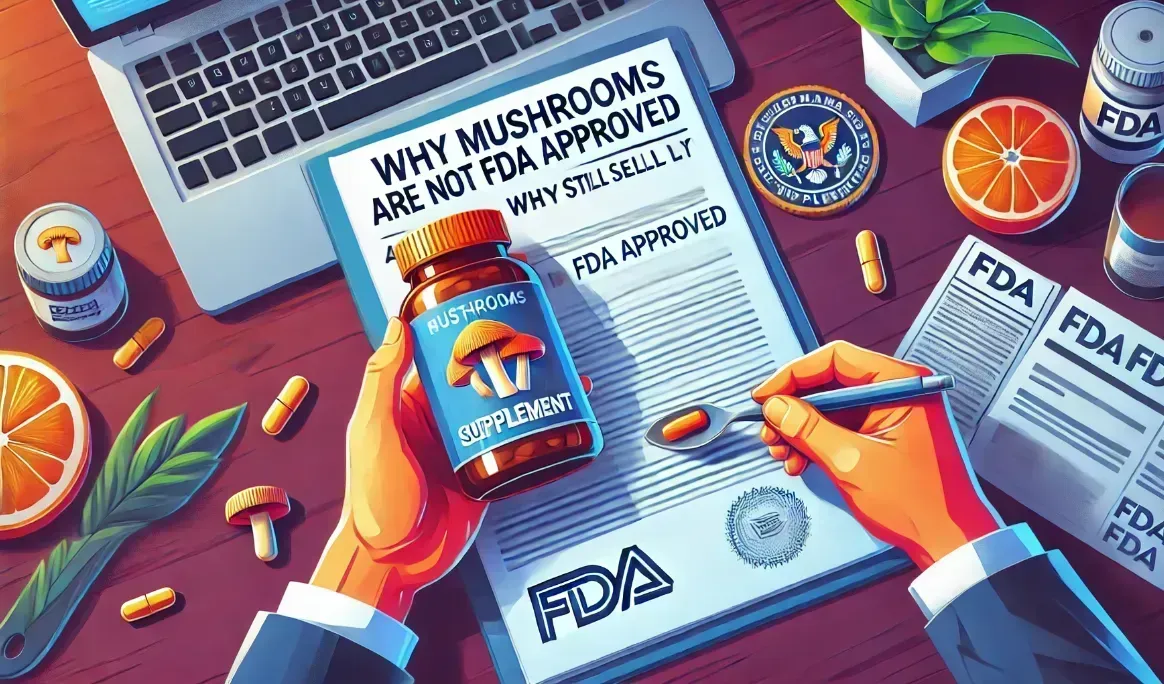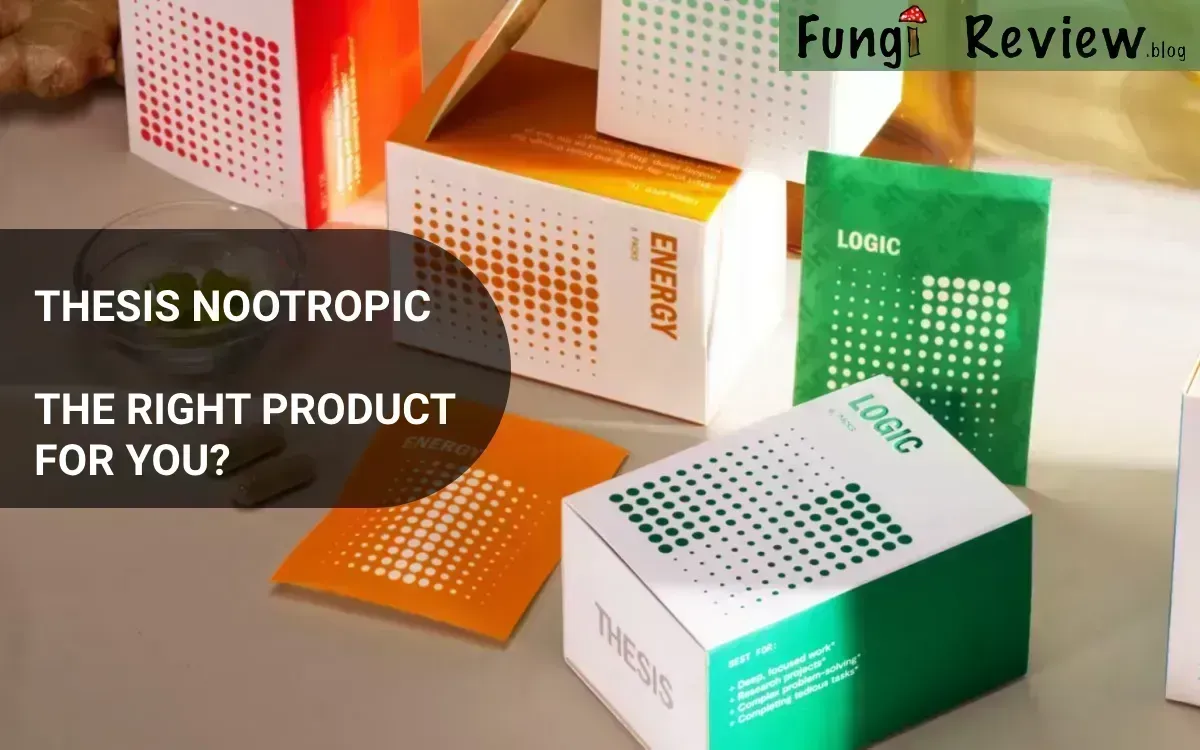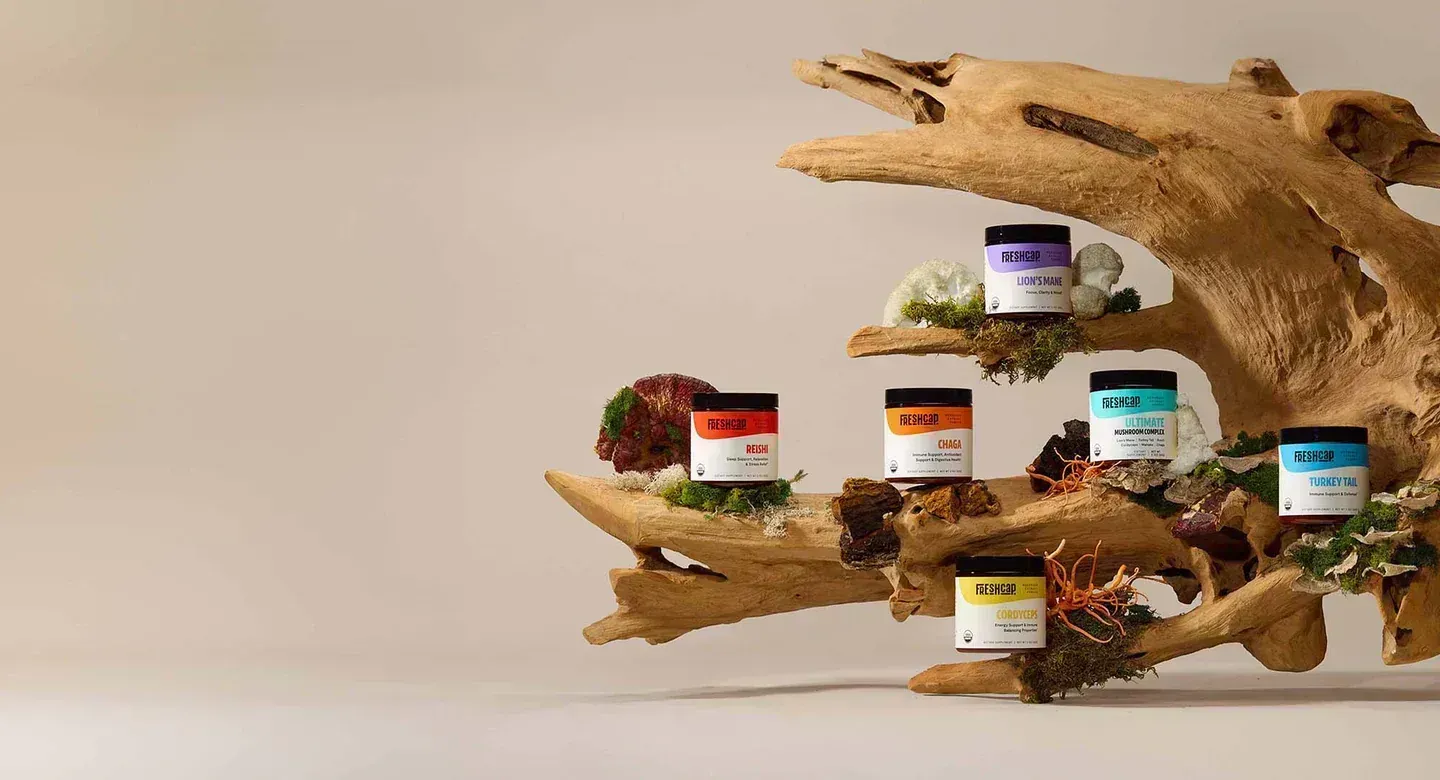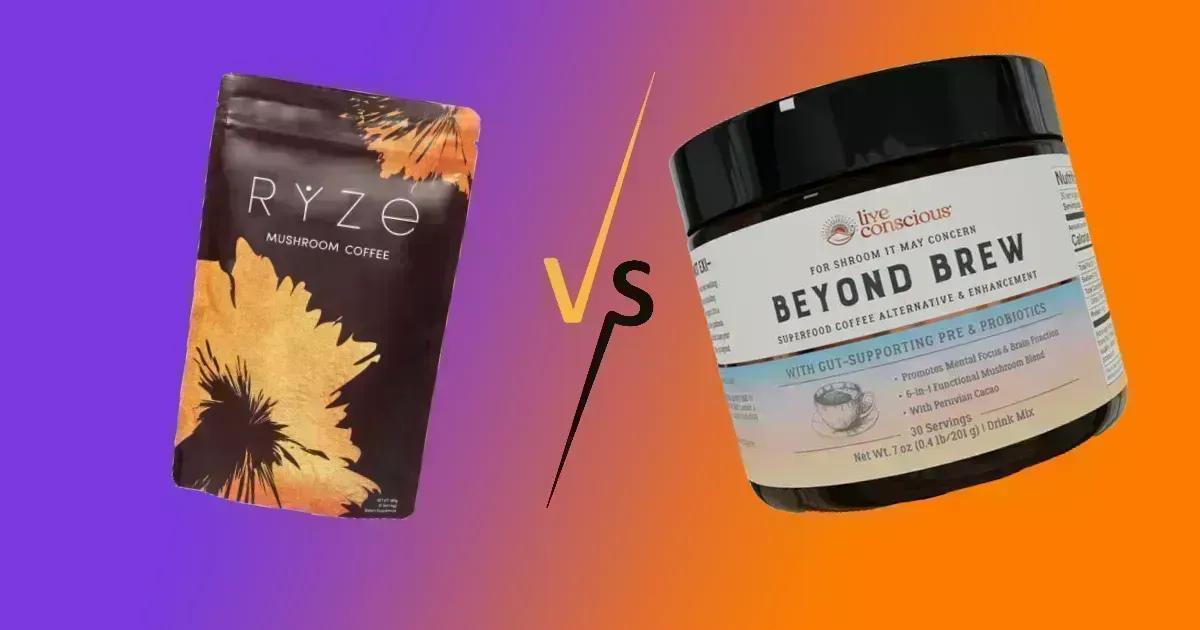Mushrooms have been celebrated for centuries for their medicinal properties, offering a range of potential health benefits, from boosting the immune system to enhancing cognitive function. Despite their growing popularity in the supplement market, one question often arises: Why aren’t medicinal mushrooms FDA-approved? This blog will explore the reasons behind the lack of FDA approval for mushroom supplements, explain why these products can still be legally sold, and discuss what this means for consumers.
Understanding FDA Approval: What It Means and Why It Matters
Before diving into the specifics of why mushrooms aren’t FDA-approved, it’s important to understand what FDA approval means and why it’s significant for both consumers and manufacturers.
What Is FDA Approval?
The Food and Drug Administration (FDA) is a regulatory body responsible for protecting public health by ensuring the safety, efficacy, and security of drugs, biological products, medical devices, and food products. When a product is FDA-approved, it means that the FDA has reviewed clinical data and other information to determine that the product is safe and effective for its intended use.
Why FDA Approval Is Important
FDA approval is a rigorous process that provides consumers with confidence that a product has been thoroughly tested and meets high safety standards. For pharmaceuticals and certain medical devices, FDA approval is mandatory before they can be marketed to the public. This approval process involves multiple phases of clinical trials, in-depth analysis of results, and ongoing monitoring after the product is released.
Why Aren’t Medicinal Mushrooms FDA Approved?
Despite the well-documented benefits of medicinal mushrooms, they are not FDA-approved. Several factors contribute to this status, ranging from the classification of these products to the challenges in conducting the rigorous testing required for FDA approval.
1. Mushrooms Sold as Dietary Supplements
One of the primary reasons medicinal mushrooms are not FDA-approved is their classification. In the United States, medicinal mushrooms are typically marketed as dietary supplements rather than drugs. According to the Dietary Supplement Health and Education Act (DSHEA) of 1994, dietary supplements are regulated differently from pharmaceuticals. Under DSHEA, dietary supplements are not required to undergo the same pre-market approval process as drugs. Instead, manufacturers are responsible for ensuring that their products are safe and that any claims made are truthful and not misleading.
2. Lack of Extensive Clinical Trials
For a product to be FDA-approved, it must undergo rigorous clinical trials to demonstrate its safety and efficacy. These trials are expensive, time-consuming, and often require significant investment. Many mushroom brands, particularly those selling dietary supplements, do not have the financial resources or motivation to conduct these trials, especially since they are not required for the sale of dietary supplements. Additionally, the complex nature of mushrooms, which contain a wide variety of bioactive compounds, makes it challenging to isolate and study the effects of specific components in controlled trials.
3. Traditional Use vs. Scientific Evidence
Medicinal mushrooms have been used for centuries in traditional medicine, particularly in Eastern cultures. While there is a wealth of anecdotal evidence and traditional knowledge supporting the health benefits of mushrooms, this does not meet the stringent scientific standards required for FDA approval. The FDA requires comprehensive, scientifically validated data from controlled clinical trials to approve a product. The traditional use of mushrooms, while valuable, does not provide the kind of data needed for FDA approval.
4. Variability in Mushroom Products
Another challenge in obtaining FDA approval for mushroom supplements is the natural variability in mushroom products. Factors such as the species of mushroom, growing conditions, extraction methods, and processing techniques can all influence the composition and potency of the final product. There are currently 14,000 mushroom species identified, according to the Colorado State University - Food System Institute. This variability makes it difficult to standardize mushroom supplements in a way that meets FDA requirements for consistency and reproducibility in clinical trials.
Why Mushroom Brands Can Still Sell Their Products
Despite not being FDA-approved, mushroom supplements can still be legally sold in the United States. Here’s why:
1. Regulation Under DSHEA
As mentioned earlier, the DSHEA of 1994 established a separate regulatory framework for dietary supplements. Under this law, manufacturers do not need FDA approval before marketing dietary supplements. Instead, they are responsible for ensuring that their products are safe and that their labeling is truthful and not misleading. The FDA does not evaluate these products for safety and efficacy before they are sold but can take action against unsafe or misbranded supplements after they reach the market.
2. Structure/Function Claims
While dietary supplements cannot make drug-like claims (e.g., "cures cancer" or "treats diabetes"), they can make what is known as structure/function claims. These claims describe the role of a nutrient or dietary ingredient intended to affect the normal structure or function of the human body (e.g., "supports immune health" or "enhances cognitive function"). Brands are required to notify the FDA when they use such claims and include a disclaimer that the statement has not been evaluated by the FDA.
3. Good Manufacturing Practices (GMPs)
Even though dietary supplements are not FDA-approved, they are still subject to certain regulatory requirements. The FDA enforces Good Manufacturing Practices (GMPs) for dietary supplements to ensure that they are produced in a quality manner, are free from contaminants, and are accurately labeled. Compliance with GMPs is essential for brands to maintain product quality and avoid regulatory issues.
4. Consumer Demand and Market Growth
The growing consumer demand for natural and alternative health products has fueled the market for mushroom supplements. Brands can capitalize on this trend by offering products that appeal to health-conscious consumers, even without FDA approval. As long as they adhere to the regulations set forth by DSHEA and the FDA, these brands can continue to sell their products in the U.S. market.
What This Means for Consumers
The fact that mushroom supplements are not FDA-approved does not necessarily mean they are ineffective or unsafe. However, it does place more responsibility on consumers to do their own research and choose products wisely. If you are currently reading Fungi Review you are already taking the right steps to researching and choosing mushroom products responsibly.
1. Importance of Research
Without FDA approval, the burden falls on consumers to evaluate the quality and safety of mushroom supplements. This means researching the brand, understanding the sourcing and processing methods, and looking for third-party testing or certifications. Consumers should be wary of products that make bold, drug-like claims without sufficient evidence to back them up.
2. Look for Transparency
Trustworthy brands are transparent about their sourcing, extraction methods, and the specific types of mushrooms used in their products. They should also provide access to third-party lab reports that confirm the presence of active compounds and the absence of contaminants. Transparency is a key indicator of a brand’s commitment to quality.
3. Understand the Limits of Claims
As mentioned, dietary supplements can only make structure/function claims, which are limited in scope. Consumers should understand that these claims are not the same as drug claims and that the FDA has not evaluated the product’s ability to treat or cure any disease. Always look for the FDA disclaimer on supplement labels: “This statement has not been evaluated by the FDA. This product is not intended to diagnose, treat, cure, or prevent any disease.”
4. Consult with Healthcare Providers
Before adding any new supplement to your regimen, especially if you have underlying health conditions or are taking other medications, it’s important to consult with a healthcare provider. They can provide guidance on whether a particular supplement is appropriate for your needs and help you avoid potential interactions or side effects.
Conclusion: Navigating the World of Mushroom Supplements
While medicinal mushrooms are not FDA-approved, this doesn’t diminish their potential health benefits. However, it does mean that consumers need to be more diligent in selecting high-quality products. Understanding the regulatory framework for dietary supplements, recognizing the limits of what these products can claim, and doing thorough research on brands are essential steps in making informed choices.
At Fungi Review, we are dedicated to helping you navigate the complex world of mushroom supplements. By staying informed and being discerning, you can choose products that are safe, effective, and aligned with your health goals.
Related Blogs:
- Overview of the Mushroom Quality Guide: This is an overview of all of our guides on potency and purity in mushroom products.
- How to Identify Trustworthy Mushroom Brands: A guide to evaluating and choosing high-quality mushroom brands.
- Understanding Lab Reports for Mushroom Products: Learn how to read and interpret lab reports to ensure product quality.
- The Ultimate Mushroom Product Checklist: A practical guide to evaluating and choosing the best mushroom supplements.
Citations:
-
FDA - U.S. Food & Drug Administration - Explains the regulation of dietary supplements, including mushrooms, and why they are not FDA-approved: FDA - Dietary Supplement Health and Education Act (DSHEA)
-
National Institutes of Health (NIH) - Provides information on the regulation and safety of dietary supplements, including mushrooms: NIH - Dietary Supplements Overview
-
Mayo Clinic - Discusses the regulation of dietary supplements and why they do not require FDA approval: Mayo Clinic - Dietary Supplements: What to Know Before You Buy
-
National Center for Complementary and Integrative Health (NCCIH) - Provides an overview of the research on medicinal mushrooms and their regulatory status: NCCIH - Mushrooms: In Depth
-
Harvard Health Publishing - Explores the health benefits of mushrooms and the reason they are not classified as drugs by the FDA: Harvard Health - The Benefits of Mushrooms
-
Council for Responsible Nutrition (CRN) - Covers the role of self-regulation in the supplement industry and why mushrooms are still sold despite lacking FDA approval: CRN - The Role of Regulation in the Supplement Industry





